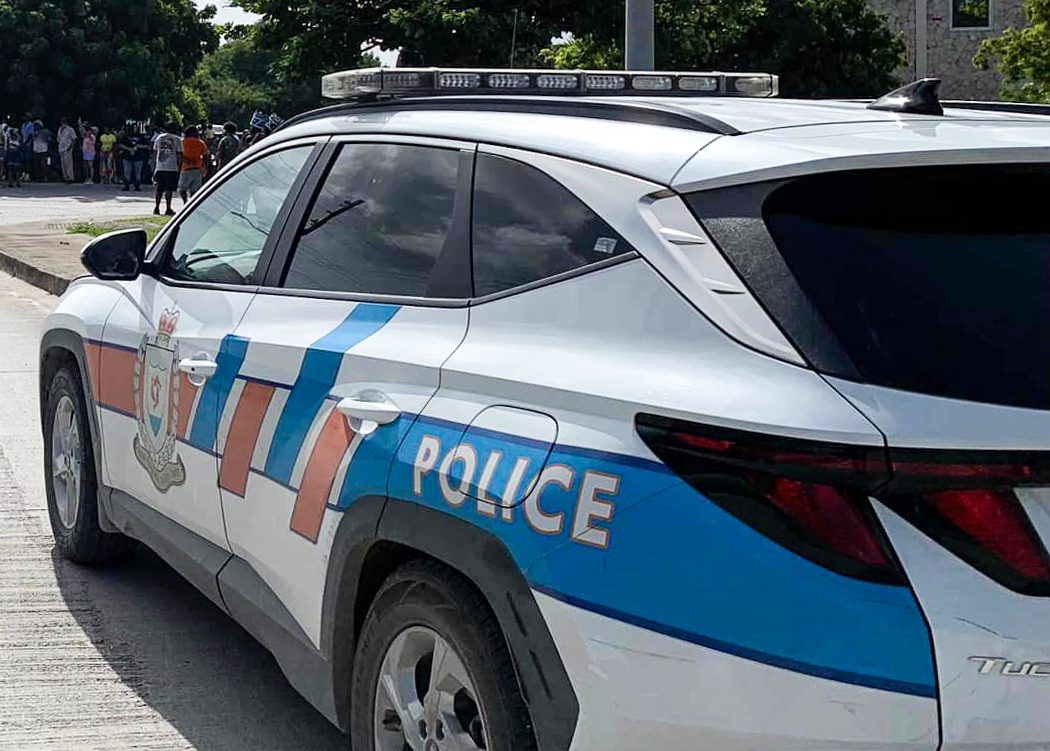A law amendment passed in the Anguilla House of Assembly exempts great-grandchildren of Anguillians from paying immigration fees.
The revision comes just weeks after the government introduced a Work Permit Exemptions Policy allowing the same group to seek employment on the island without a work permit.
Immigration minister Kenneth Hodge introduced the bill for the Immigration and Passport (Amendment) Act, 2025 in the latest meeting of the assembly on 28 January.
He explained that the purpose of the law change is to provide both exemption from the payment of immigration fees and the waiver or cancellation of outstanding fees.
“Wherever you turn, we have family members because, as we know, years and years ago, our forefathers and our grandfathers and fathers travel the world over, seeking employment,” he said.
“In many cases, they created family, unions and bonds, and a lot of these great-grandchildren are returning home to claim the heritage.”
He described it as “happy day” for both himself and the government and said it was the only logical step in allowing “Anguillians in waiting” to obtain their rights.
Assembly support
Social development minister Dee-Ann Kentish-Rogers, who stood in support of the bill, said the Dominican community had long advocated for this change.
“It’s an honour to be in this house for this amendment to our immigration legislation to ensure that the rights of [great] grandchildren are taken into consideration,” she said.
“And that they are no longer forced to work in underground economies when their ancestors would not have envisioned that for their lives.”
Premier Ellis Webster, also standing in support of the bill, explained that constitutional amendments made in 2019 recognised great-grandchildren as Anguillians.
However, they had to reside in Anguilla for five years before being granted the official status and had to pay immigration fees “like any other visitor”, he said.
Webster said he was happy that the bill was brought to the Anguilla House of Assembly and said it shows progress and was “done to help people”.
The bill went through its first, and second reading, committee of the whole, and third reading before being unanimously voted into law.





